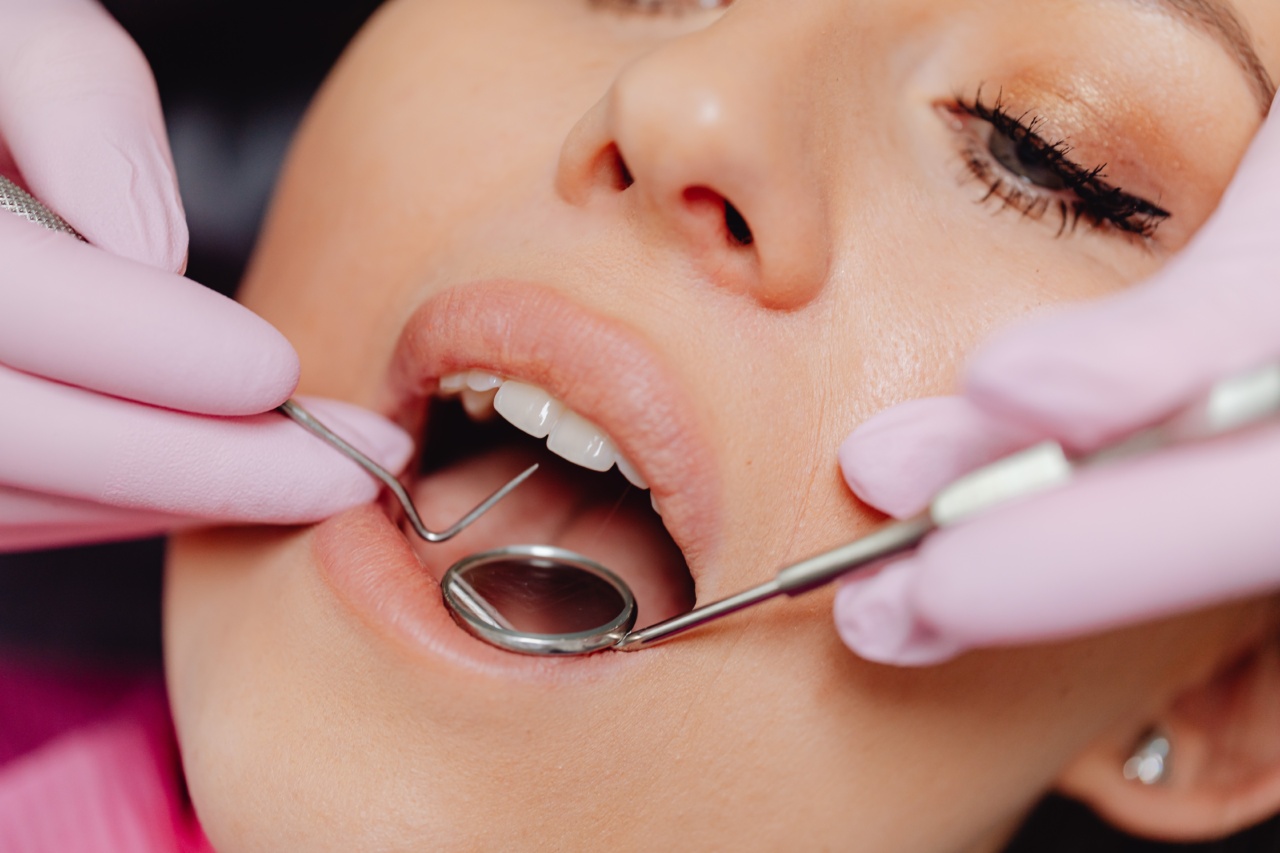Pregnancy is a crucial stage in a woman’s life, and maintaining good oral hygiene is important for both the mother and the baby. The hormonal changes during pregnancy can increase the risk of developing oral health issues.
This article will provide tips on dental care during pregnancy.
1. Regular Dental Checkups
Pregnant women are advised to receive routine dental checkups and cleanings. These checkups help in preventing dental problems such as gum diseases and tooth decay.
Regular cleanings also make sure that the bacteria and plaque buildup is removed to avoid complications that can affect pregnancy.
2. Inform the dentist about pregnancy
Dentists should be informed about pregnancy at the first dental visit. The dentist needs to know the necessary precautions to take during dental treatment to ensure the safety of both the mother and the baby.
The dentist may want to postpone certain treatments until after delivery.
3. Brush Twice Daily and Floss Once a Day
Pregnant women should brush their teeth twice a day and floss once a day to prevent tooth decay and gum problems. Brushing and flossing can reduce the risk of developing pregnancy gingivitis that can cause red, swollen, or bleeding gums.
Using a soft-bristled toothbrush is advisable, and an antiseptic mouthwash may be used to help keep the mouth clean and free of bacteria and germs.
4. Watch Your Diet
A healthy diet is essential for a healthy pregnancy. Eating a well-balanced meal and cutting down on sugary foods may reduce the risk of developing cavities.
Drinking plenty of water helps wash down any leftover food, reducing the chances of developing tooth decay and gum diseases.
5. Be Careful with Medications
The use of certain dental medications is not recommended during pregnancy. It is essential to inform your dentist of any medications or supplements that you are using.
Antibiotics, painkillers, and fluoride treatments must be used only when prescribed by a medical professional.
6. It is Safe to Get Dental Treatment During Pregnancy
While many women put off dental treatments during pregnancy, it is actually safe and necessary for oral health. Infections in the mouth can harm the growing fetus.
Dental treatments such as fillings, root canal treatments, and extractions can be done after consulting with your dentist who will provide guidance on the best time for these procedures.
7. Morning Sickness and Oral Hygiene
Expectant mothers may experience morning sickness, which is characterized by nausea and vomiting. Frequent vomiting can cause erosion of tooth enamel, leading to tooth decay.
Rinsing the mouth with water after vomiting can help remove stomach acid that causes dental problems. Brushing should be done gently after rinsing to prevent further damage to tooth enamel.
8. Oral Health and Pregnancy Complications
Studies have shown that poor oral health during pregnancy can lead to pregnancy complications such as premature birth, low birth weight, and preeclampsia. The bacteria that cause gum diseases can enter the bloodstream and affect the growing fetus.
Maintaining good oral hygiene is, therefore, crucial to ensure a healthy pregnancy.
9. Post Delivery Dental Checkup
After delivery, it is recommended that new mothers have another dental checkup to confirm there aren’t any lingering dental issues that were not identified during pregnancy.
A dental checkup is an ideal time to discuss postpartum dental issues and plan for future dental treatments as needed.
10. Take Care of Your Baby’s Oral Health
Start taking care of your baby’s oral health from the day they are born. Clean the baby’s gums with a soft damp cloth and brush their teeth once they appear.
Regular dental visits are recommended for young children, and it is important to instill proper oral hygiene habits as early as possible.




























